To provide the best experiences, we use technologies like cookies to store and/or access device information. Consenting to these technologies will allow us to process data such as browsing behaviour or unique IDs on this site. Not consenting or withdrawing consent, may adversely affect certain features and functions.
The technical storage or access is strictly necessary for the legitimate purpose of enabling the use of a specific service explicitly requested by the subscriber or user, or for the sole purpose of carrying out the transmission of a communication over an electronic communications network.
The technical storage or access is necessary for the legitimate purpose of storing preferences that are not requested by the subscriber or user.
The technical storage or access that is used exclusively for statistical purposes.
The technical storage or access that is used exclusively for anonymous statistical purposes. Without a subpoena, voluntary compliance on the part of your Internet Service Provider, or additional records from a third party, information stored or retrieved for this purpose alone cannot usually be used to identify you.
The technical storage or access is required to create user profiles to send advertising, or to track the user on a website or across several websites for similar marketing purposes.
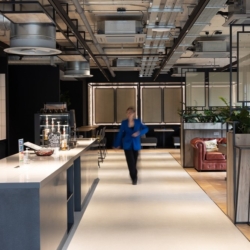 Zumtobel and its sister brand Thorn, both lighting brands of the Zumtobel Group collaborated with 5plus architects, MZA consultants, Ardmac main contractor, Emtec sub-contractor, and Rexel wholesaler to implement an energy-efficient lighting scheme at the iconic 100 Barbirolli Square in Manchester. The Group’s innovative lighting solutions successfully met the brief, providing a warm and inviting atmosphere throughout the building. More →
Zumtobel and its sister brand Thorn, both lighting brands of the Zumtobel Group collaborated with 5plus architects, MZA consultants, Ardmac main contractor, Emtec sub-contractor, and Rexel wholesaler to implement an energy-efficient lighting scheme at the iconic 100 Barbirolli Square in Manchester. The Group’s innovative lighting solutions successfully met the brief, providing a warm and inviting atmosphere throughout the building. More →





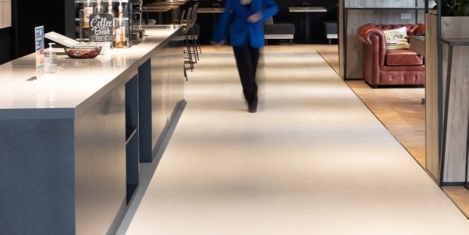
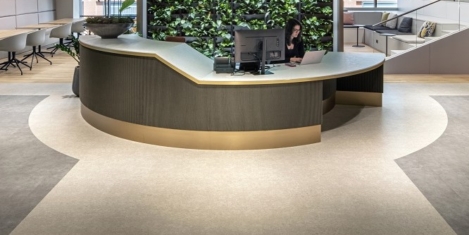
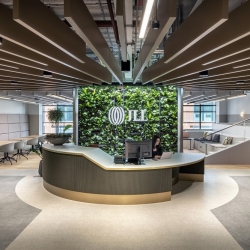






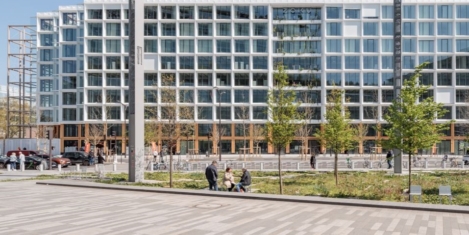
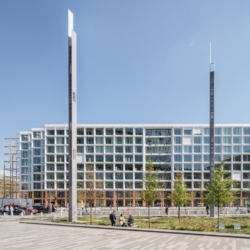




























November 10, 2023
The challenge for fit-out firms is to deliver best value despite supply chain challenges
by Kevin P'ng • Comment, Facilities management, Property, Workplace design